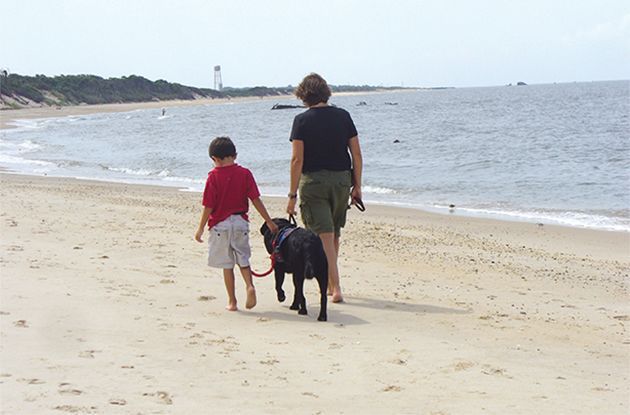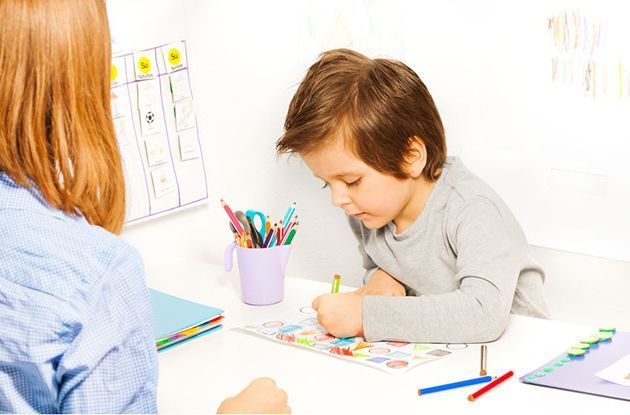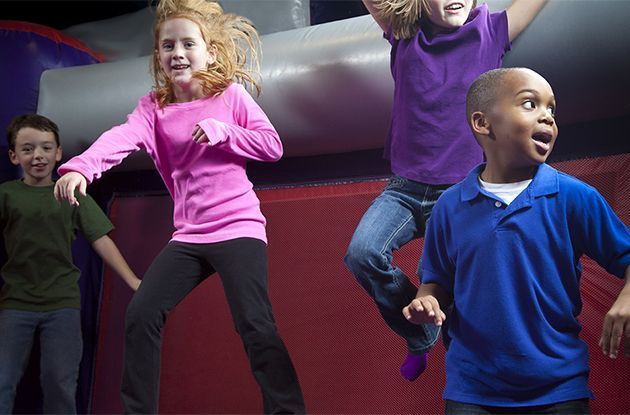

More Special Needs Articles:

What is Applied Behavior Analysis?
When a child is diagnosed with autism, he may benefit from applied behavior analysis. But what exactly is ABA and how will it help your child? We've g...Latest News:

Pediatric Therapy Center Launches Sensory Bounce at BounceU Nanuet
Miriam Skydell and Associates has partnered with BounceU to offer Sensory Bounce at the BounceU Nanuet location. Sensory Bounce is a fun form of thera...Family Activities:
Have a Laugh:



